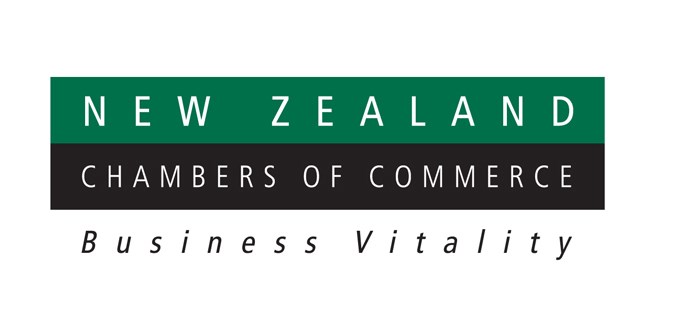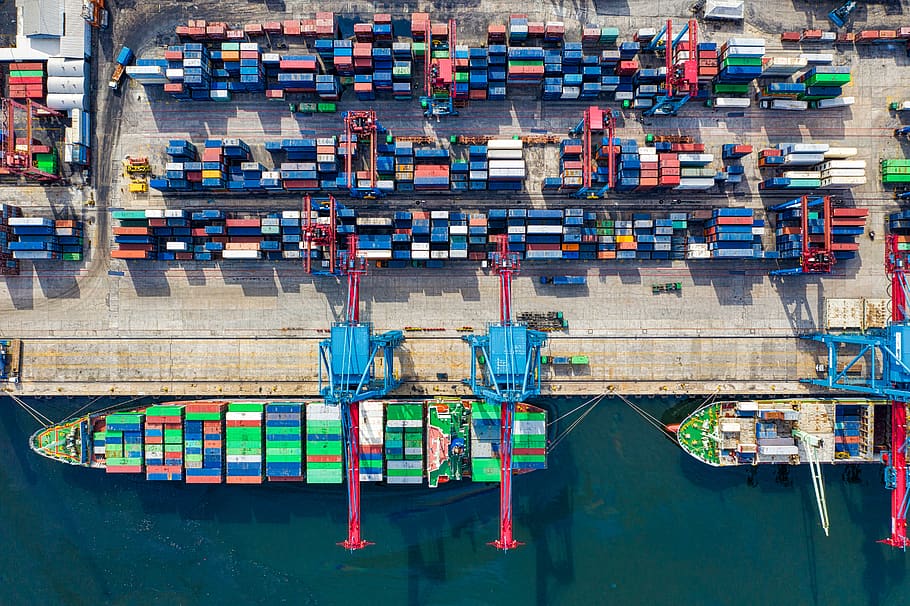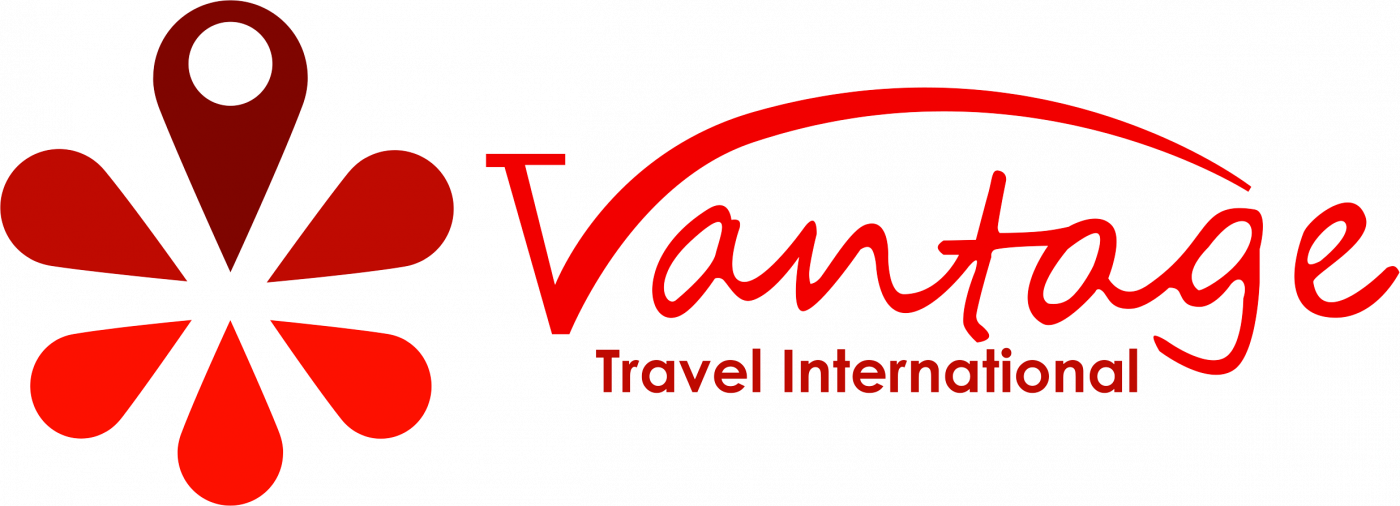New Zealand Chamber of Business & Commerce Stamping

Vantage Travel International can handle the processing of a variety of documents on behalf of you and your company with the New Zealand Chambers of Commerce to ensure compliance with the requirements of an importing country, Customs, or overseas bank, these documents are essential to ensure that your exported goods meet the necessary regulations and standards of the importing country.
These documents provide detailed information about the quality and composition of the goods being shipped. They are commonly required for products such as food, pharmaceuticals, and chemicals.
These documents are issued by the supplier or manufacturer of the goods and certify that the products meet the required standards or specifications of the importing country.

The term “Wet-Stamped” refers to the physical stamping of a document using ink or embossing to provide authenticity and legitimacy to the contents of the document. This type of certification is commonly used for international trade documents, such as Certificates of Free Sale or Manufacture, and Certificates of Origin.
However, not all countries require wet stamping for international trade documents. Some countries, including Bahrain, Egypt, Ethiopia, Guatemala, Iraq, Jordan, Kuwait, Turkey, UAE, and others, accept electronically certified documents without issue. It’s always important to check with the relevant authorities to confirm your situation’s specific requirements.
On the other hand, electronic certification involves using digital signatures or other electronic authentication methods to certify a document. This type of certification is becoming more common and widely accepted.
Certificates of Origin (COs) play a crucial role in international trade, as they determine whether goods are eligible for entry into a given market and allow importers to claim tax relief through reduced duties under Free Trade Agreements (FTAs). COs that are certified by a chamber provide import authorities and buyers with a trusted confirmation of the origin of the goods, and in cases where the importing country has an FTA with New Zealand, duty charges may be waived.
Chamber-certified COs serve as proof that the goods in a specific shipment were wholly obtained, produced, manufactured, or processed in a particular country. They are typically requested by Customs Departments, importers, freight forwarders, or banks in the importing country.
Certificates of Free Sale or Manufacture are official documents that certify that goods intended for export have already been sold freely in New Zealand or have been manufactured in New Zealand.
These certificates may be required by importing countries as proof that the goods being exported comply with local regulations and are safe for use. They provide assurance to foreign regulatory agencies that the products being exported are produced or sold in New Zealand without any restriction or prohibition.
To apply for a Certificate of Free Sale or Manufacture, you can refer to the wet-stamped service that is available. This service involves physically stamping the document to provide authenticity and legitimacy. You should check with the relevant authorities in the importing country to determine whether this type of certification is required and what specific requirements need to be met.
If you’re interested in hosting a business delegation in New Zealand or need an invitation letter for your business group, the Chambers of Commerce in New Zealand can provide letters of invitation to facilitate the process. Additionally, if you need to apply for a business visa for travel to Saudi Arabia or other countries where it’s required, the Chambers of commerce can provide an application letter to support your application.
Furthermore, the Chambers can also provide letters of introduction to help you or your business network with foreign businesses or chambers. These letters introduce you as a member of the Chamber of Commerce and can help establish valuable connections and relationships.
ATA Carnets is an international customs and temporary export-import document. It is used to clear customs in 84 countries …
are particularly useful for businesses that frequently export goods for trade shows, exhibitions, or demonstrations overseas. These documents can be used for a wide range of goods, including commercial samples, professional equipment, and goods for educational, scientific or cultural purposes. However, they cannot be used for goods that are intended for sale, lease or hire.
To obtain an ATA Carnet, an exporter must provide a detailed description of the goods and their value, as well as pay a fee based on the value of the goods. The Carnet will then serve as a single document for Customs clearance in all the countries listed on the document.
It is important to note that an ATA Carnet does not exempt the exporter from complying with any regulations or requirements of the importing country, such as licensing or labelling requirements. It is also the exporter’s responsibility to ensure that the goods are re-exported within the validity period of the Carnet and that they are not sold or disposed of in the foreign country.
In summary, ATA Carnets offers a convenient and cost-effective solution for temporary exports, saving exporters time, money, and hassle. If you frequently export goods for temporary purposes, it may be worthwhile to explore the use of ATA Carnets as a way to simplify and streamline the process.
The New Zealand-China Free Trade Agreement (NZCFTA) is a free trade agreement between New Zealand and China that was signed on April 7, 2008, and came into effect on October 1, 2008. It was the first bilateral free trade agreement that China signed with a developed country.
The NZCFTA aims to promote trade and investment between New Zealand and China by reducing barriers to trade and creating a more favourable business environment for both countries. Under the agreement, New Zealand and China agreed to eliminate tariffs on more than 90% of goods traded between them, with the remaining tariffs to be phased out over time.
In addition to the tariff reductions, the NZCFTA also includes provisions to facilitate trade in services, investment, and intellectual property rights. It also includes commitments to protect the environment and to promote sustainable development.
Since the agreement came into effect, trade between New Zealand and China has increased significantly, with China becoming New Zealand’s largest trading partner. The NZCFTA has also helped to strengthen the relationship between the two countries, with regular high-level exchanges and cooperation in a range of areas, including education, tourism, and culture.
The ASEAN Australia New Zealand Free Trade Agreement (AANZFTA) is a comprehensive free trade agreement between the Association of Southeast Asian Nations (ASEAN), Australia, and New Zealand. The agreement aims to increase trade and investment flows between the signatory countries by reducing tariffs and other barriers to trade.
Certificates of Origin (COO) are important documents that are used to determine the origin of goods for the purpose of claiming preferential treatment under free trade agreements such as AANZFTA. In order to claim preferential treatment under AANZFTA, exporters must obtain a COO that certifies that the goods being exported meet the rules of origin requirements of the agreement
The AANZFTA COO is a document that is issued by a competent authority in the exporting country, such as the Chamber of Commerce or the Customs Department. The COO contains information about the exporter, the importer, and the goods being exported, as well as a declaration by the exporter that the goods meet the rules of origin requirements of AANZFTA.
In order to be valid, the AANZFTA COO must be presented to the customs authorities of the importing country along with the shipment of goods. The customs authorities will then review the COO to determine whether the goods qualify for preferential treatment under AANZFTA.
It is important for exporters to ensure that they understand the rules of origin requirements of AANZFTA and to obtain the necessary documentation, including the COO, to claim preferential treatment under the agreement. Failure to comply with the rules of origin requirements of AANZFTA can result in the denial of preferential treatment and the imposition of additional tariffs or other penalties.
